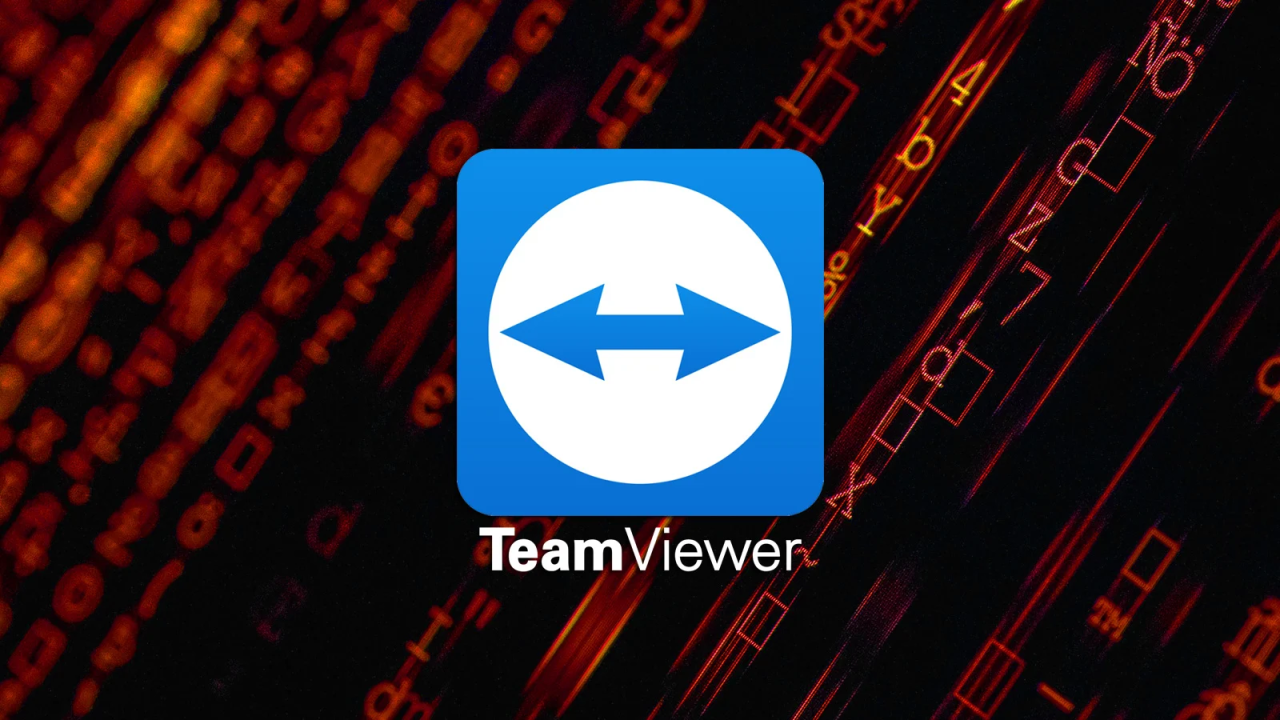Ticketmaster has started to notify customers who were impacted by a data breach after hackers stole the company's Snowflake database, containing the data of millions of people.
RMM software developer TeamViewer says a Russian state-sponsored hacking group known as Midnight Blizzard is believed to be behind a breach of their corporate network this week.
Threat update
A new high-severity remote code execution (RCE) vulnerability known as CVE-2024-21683 has been discovered in Atlassian's Confluence Data Center and Server. This vulnerability permits an attacker with an account on the service to gain server control. Review this Cybersecurity Threat Advisory for more information and to limit your risk now.
Threat update
ASUS released a product security advisory urging customers to update their firmware to address a critical authentication bypass vulnerability impacting multiple of its router models. Review this Cybersecurity Threat Advisory to learn which router models are impacted and how to mitigate your risks.
Threat update
VMware has released patches to address critical vulnerabilities impacting Cloud Foundation, vCenter Server, and vSphere ESXi, which could be exploited to achieve privilege escalation and remote code execution. The flaws, identified as CVE-2024-37079, CVE-2024-37080, and CVE-2024-37081, have high CVSS scores
Threat update
This Cybersecurity Threat Advisory highlights a new attack technique exploiting vulnerabilities in Microsoft Management Console (MMC). By creating malicious management saved console (MSC) files that appear legitimate, attackers can bypass traditional security measures and exploit the targeted MMC. LBT Technology Group recommends taking immediate action to mitigate this significant security risk.
Hackers are exploiting a flaw in a premium Facebook module for PrestaShop named pkfacebook to deploy a card skimmer on vulnerable e-commerce sites and steal people's payment credit card details.
An open-source Android malware named 'Ratel RAT' is widely deployed by multiple cybercriminals to attack outdated devices, some aiming to lock them down with a ransomware module that demands payment on Telegram.
The Los Angeles Unified School District has confirmed a data breach after threat actors stole student and employee data by breaching the company's Snowflake account.
UnitedHealth has confirmed for the first time what types of medical and patient data were stolen in the massive Change Healthcare ransomware attack, stating that data breach notifications will be mailed in July.
CDK Global has cautioned customers about unscrupulous actors calling them and posing as CDK agents or affiliates to gain unauthorized systems access.
A newly discovered vulnerability in Phoenix SecureCore UEFI firmware tracked as CVE-2024-0762 impacts devices running numerous Intel CPUs, with Lenovo already releasing new firmware updates to resolve the flaw.
A suspected Chinese threat actor tracked as UNC3886 uses publicly available open-source rootkits named 'Reptile' and 'Medusa' to remain hidden on VMware ESXi virtual machines, allowing them to conduct credential theft, command execution, and lateral movement.
T-Mobile has denied it was breached or that source code was stolen after a threat actor claimed to be selling stolen data from the telecommunications company.
A newly discovered Linux malware dubbed 'DISGOMOJI' uses the novel approach of utilizing emojis to execute commands on infected devices in attacks on government agencies in India.
ASUS has released a new firmware update that addresses a vulnerability impacting seven router models that allow remote attackers to log in to devices.
PCBA manufacturing giant Keytronic is warning it suffered a data breach after the Black Basta ransomware gang leaked 530GB of the company's stolen data two weeks ago.
The U.S. Cybersecurity and Infrastructure Security Agency (CISA) has added a high-severity Windows vulnerability abused in ransomware attacks as a zero-day to its catalog of actively exploited security bugs.
Threat update
A recent Microsoft Outlook client zero-click remote code execution (RCE) vulnerability, CVE-2024-30103, has a CVSS score of 8.8.
American financial services holding company Globe Life says attackers may have accessed consumer and policyholder data after breaching one of its web portals.
















